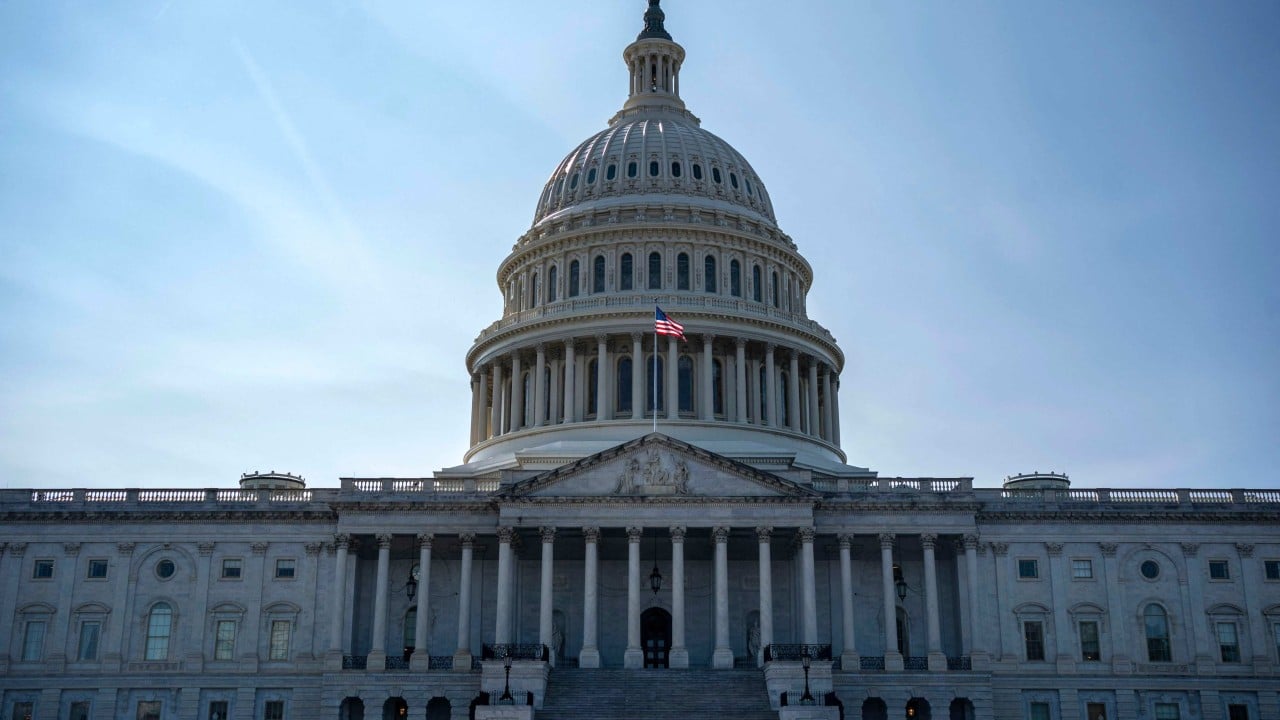Last month, the US House of Representatives introduced more than two dozen bills in what was designated “China Week”, to address issues related to China ranging from trade and economic espionage to biosecurity and farmland acquisition.
Advertisement
The bills were introduced in a single package vote and passed using a fast-track procedure requiring a majority of two-thirds of those present and voting. While all 25 bills were approved, their future is still being determined. Given the complexity of the issues involved, pressing problems at home and conflicts abroad, the Senate must consider them in the limited remaining legislative days.
But this has not reduced the political motivation to advance these bills and send a message of being tough on China, while deflecting the spotlight from some of the country’s more critical issues.
The emphasis on a tough stance reflects broader concerns about national competitiveness. The narrative of a rising China amplifies fears of US economic decline and diminished global influence, leading to calls for protectionist policies that contradict the free trade principles essential for economic growth and international harmony.
The Committee of 100, a non-profit organisation representing prominent Chinese Americans for 35 years, expressed deep concern over “China Week”, fearing it may exacerbate racial profiling and hostility towards Chinese-Americans rather than focus on pressing issues at home.
Advertisement
They strongly condemned the passage of two bills in particular, one looking to revive the China Initiative, which fostered xenophobia and harmed the Asian-American and Pacific Islander (AAPI) community, and the other to add the secretary of agriculture to the Committee on Foreign Investment.

